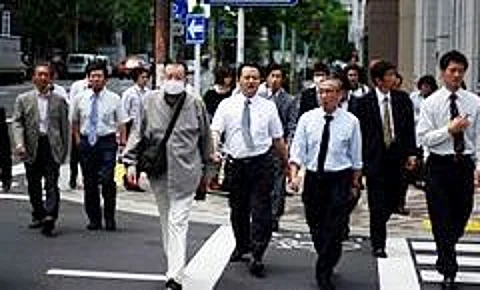

India is particularly criticised for being a fragmented society based on caste divisions. The state of ‘untouchables’ continues to be appalling in India. But Japan too has a history of deep caste divisions, with one particular community being considered to be of the lowest rung.
According to Harvard University professors Theodore Bestor (anthropology) and Helen Hardacre (Japanese society and religion), there’s more to it than meets the eye. There isn’t an outright social outcast like Burakumin or the Eta, which lies at the bottom end of the Japanese caste system. Burakumin when literally translated means ‘hamlet people’ while Eta means ‘full of filth’.
Although the caste system was abolished officially in 1871 following the banning of the feudal system, people belonging to the Eta caste still continue to be in professions which are looked down upon by the elite and are subjected to ostracism.
In 1960s, the government tried to integrate people of the Burakumin community with the mainstream and helped them with housing and employment opportunities.
But discrimination continued as in the mid-1970s, a Human Rights group discovered a handwritten list of Buraku names and community locations that was being sold to employers.
This type of profiling still exists, believe some but not for hiring purpose, people of other communities do not want to marry people of the Eta community.
Today, there are three million Burakis living in 4,000 ghettos in Japan according to The Burakumin Liberation League (BLL), a rights organisation founded in 1955, reports the BBC.
Things are changing for the better. The BBC report talks about a government survey in which more than 50% of the respondents said they wouldn’t mind their children marrying someone from the previously ostracised community.
A reason for the discrimination today can also be due to the community’s connection with the Yazuka, the infamous Japanese criminal syndicate.
According to Jake Adelstein, an American reporter who has worked in the Japanese crime beat for 20 years, he told the BBC that about one-third of the mob members have a Buraku origin.
Recently, efforts by the judiciary have also helped. "You don't see as much hate speech as before - and those who have attempted it have been forced to pay damages in court cases," says a leader of the BLL.
Refreshingly, an abattoir in Japan had received letters of appreciation from school kids who had come on tours to witness the skill and dedication of its workers. Previously, it used to receive anonymous hate mails.